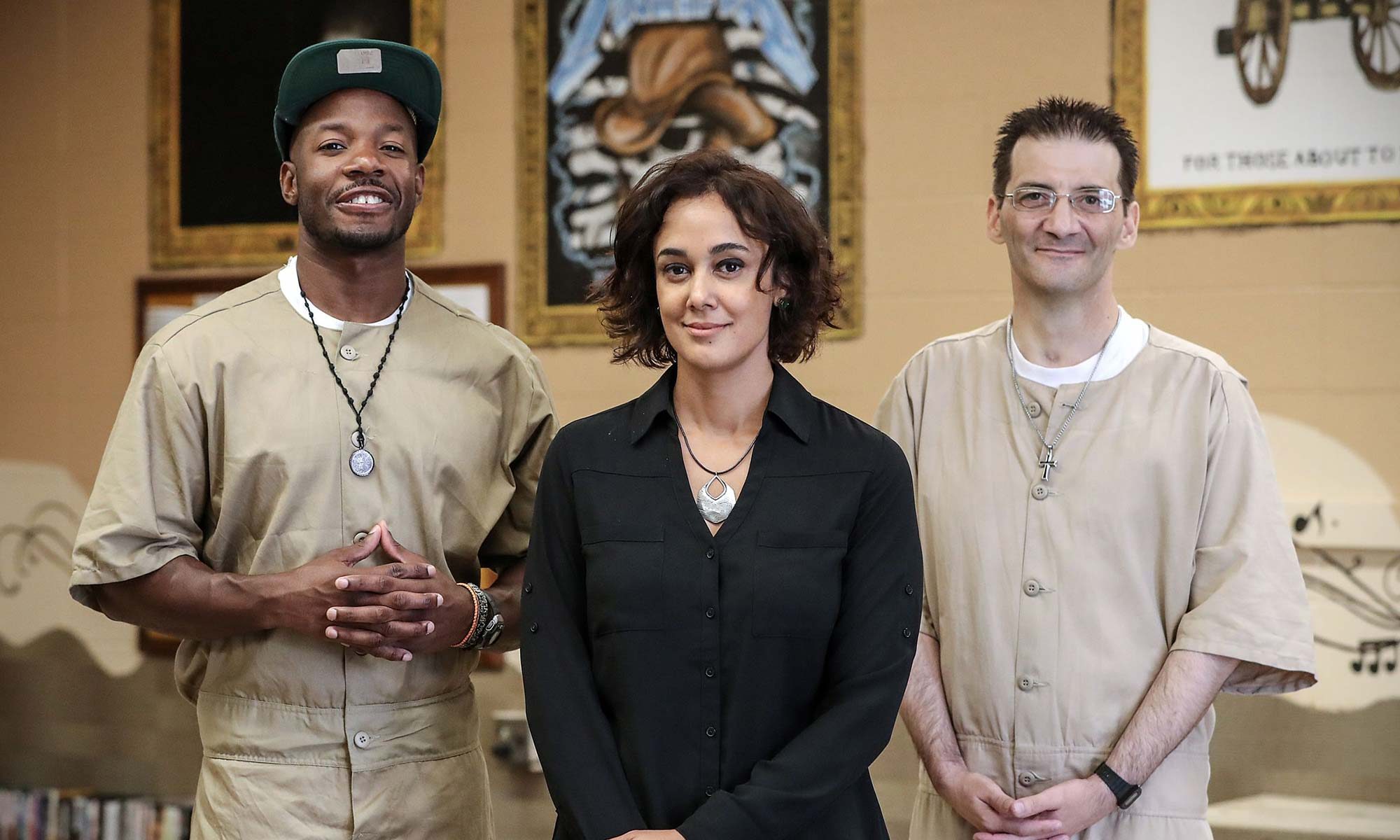“Family dysfunction rolls down from generation to generation like a fire in the woods, taking down everything in its path until one person in one generation has the courage to turn and face the flames. That person brings peace to their ancestors and spares the children that follow.” -Terry Real
This quote was recently shared with me by a friend, after I had shared a story of personal struggle. A family can mean your actual, DNA-sharing family, or it can mean your work family, your close knit group of friends, your church family, your in-laws, or maybe a “substitute” family, if you become estranged or moved away from your own. When revisiting the quote this morning, what I thought of is my national family, or my fellow Americans.
One of my favorite authors, Brene’ Brown, has stated “The hallmark of true belonging is dissent.” I think this is where we, as Americans, need to have the courage to turn and “face the flames” as Terry Real so eloquently states. For years, decades, and even generations, we have become so overly identified with our political views that we seem to be losing our national identity. So much so, that the term “nationalism” has taken on a negative connotation, associated with not just support of our nation or patriotism, but with exclusion of others. It’s confusing to think of America, the place that welcomes “the homeless…tired…poor…huddled masses yearning to breathe free” as a nation of people clinging so desperately to our own ideology that we’ve lost our connection with each other.
It has taken 25 years for many people to acknowledge the damage the 1994 crime bill did to our nation. These laws had a powerful effect on economically vulnerable communities and led to mass incarceration. Most people in prison are there for drug-related and non-violent offenses, even as more and more states legalize or decriminalize drug possession. There is overwhelming research that rehabilitation, not punishment, is most effective in improving outcomes for substance abuse. Yet it still seems it’s much more common that those struggling with addiction end up in the criminal justice system, instead of receiving substance abuse treatment.
I believe that with all of the hot button topics people argue about on social media and in the news, reforming our criminal justice system and ending mass incarceration is an opportunity for all of us, as an American family, to have the courage to face the flames. We need more politicians to admit they got it wrong, we need more people in the criminal justice system to admit there is a problem, and we need more Americans demanding change. This is how we heal from the past and this is how we better the future for our children. It is not a political issue. It is a human rights issue. It is a national issue. How we treat the poor, disenfranchised, homeless, and tired masses is a reflection of the soul of America. Previous generations told us to make decisions based on fear. If we decide to treat these people with love instead, imagine the healing that would provide for all of us. Imagine if someone struggling with addiction was met with compassion, instead of confinement. Imagine if we were responsible for reuniting families, healing communities, and decreasing rates of addiction. The cascade of impact this would have on future generations is immeasurable. All it takes is choosing courage over complacency; letting go of fear and choosing love.
I’m ending this post with the same quote. I find the more times I read it, the deeper meaning it seems to hold.
“Family dysfunction rolls down from generation to generation like a fire in the woods, taking down everything in its path until one person in one generation has the courage to turn and face the flames. That person brings peace to their ancestors and spares the children that follow.” -Terry Real


A very thought inspiring blog. One that should be read and practiced by all the world. Such a shame that some of the reforms we have not revisited for such a long time.